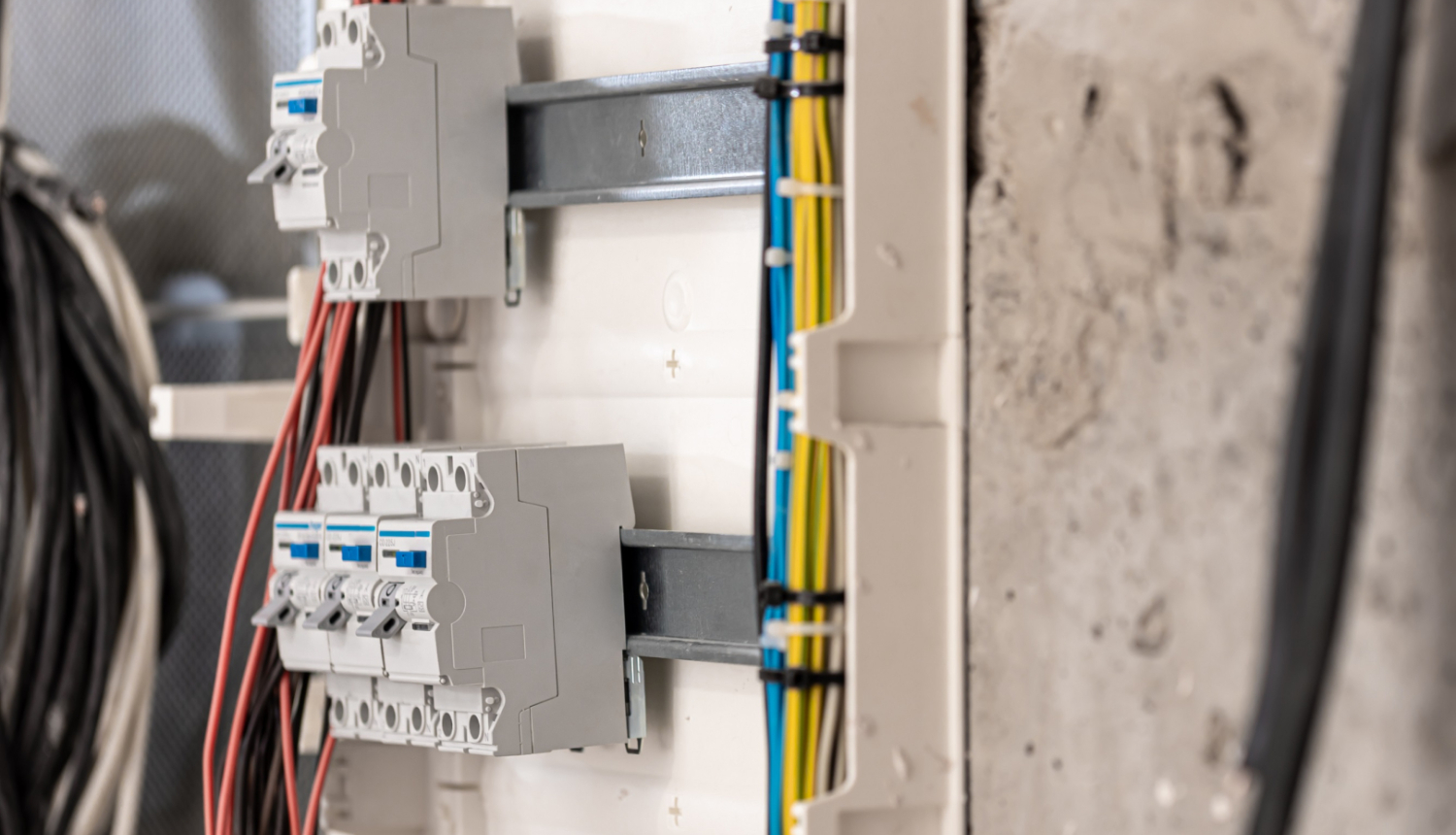News
Recent News
BIS User Support: Stronger Engagement and Growing Satisfaction in 2025
Published Friday, 20 February 2026Join the 2026 BIS User Survey and share your feedback on the BIS Chat!
Published Monday, 16 February 2026Construction growth driver in 2025 – civil engineering
Published Friday, 13 February 2026Webinars on Common Mistakes and Recommendations in the Renovation of Multi-Apartment Buildings
Published Thursday, 05 February 2026From now on, electrical installations in new buildings must be equipped with protection against electric current leakag
 Published
Wednesday, 02 July 2025
Published
Wednesday, 02 July 2025
From now on in Latvia, when constructing new buildings or renovating electrical installations in existing buildings, it will be mandatory to equip the electrical installation with protection against electric current leakage by installing residual current devices (RCDs). This is stipulated by the recently adopted amendments to Cabinet Regulation No. 294 (Regulations on the Latvian Building Standard LBN 261-15 “Internal Electrical Installations of Buildings”). This requirement will significantly reduce the risk of electric shocks and household fires.
Unfortunately, every year in Latvia, several dozen electric shock incidents are registered, affecting both adults and children in their homes due to faulty wiring or damaged electrical appliances. For example, in 2024, 50 electric shock incidents were recorded, three of which resulted in fatalities. Fires caused by current leakage due to faulty wiring in residential buildings are also not uncommon.
"The amendments to the building standard will noticeably improve electrical safety in households. From now on, internal electrical networks in all new buildings must be equipped with leakage protection, and such devices must also be installed when renovating electrical installations — regardless of whether the installation is in a new or old building. This will reduce the risk of electric shocks and fires," says Olga Feldmane, Director of the Construction Policy Department at the Ministry of Economics.
"Sometimes people mistakenly assume that ordinary circuit breakers, or 'fuses', protect them from all damage to electrical cables and appliances. However, these standard circuit breakers found in every household do not detect current leakage — they react only to circuit overloads and short circuits. Therefore, a residual current device is a simple and effective way for everyone to additionally improve electrical safety at home, but first it is essential to ensure that the electrical installation complies with the requirements. Many residential buildings in Latvia were built during the Soviet era, and there are numerous apartments and private houses where the wiring has never been replaced, is outdated and unsafe. The mandatory introduction of RCDs in new buildings and when carrying out electrical renovations is a significant step towards improving electrical and fire safety at home," says Artūrs Šmats, Director of the Training Centre at AS Sadales tīkls and an expert in electrical engineering.
Sadales tīkls encourages every household to pay attention to the condition of its electrical wiring, and apartment building managers to monitor the condition of electrical installations in shared spaces. According to the current fire safety regulations, owners must have their electrical installations inspected by a qualified electrical specialist at least once every ten years. The specialist will carry out the necessary measurements and advise on required improvements. More advice on electrical safety, tips, and information on where to find a qualified electrical specialist can be found on the Sadales tīkls website: sadalestikls.lv.
The amendments to Cabinet Regulation No. 294 (Regulations on the Latvian Building Standard LBN 261-15 “Internal Electrical Installations of Buildings”) were approved on 17 June this year and came into force on 1 July.
Additional information:
Alīna Sildnika | Head of External Communications | AS Sadales tīkls | alina.sildnika@sadalestikls.lv